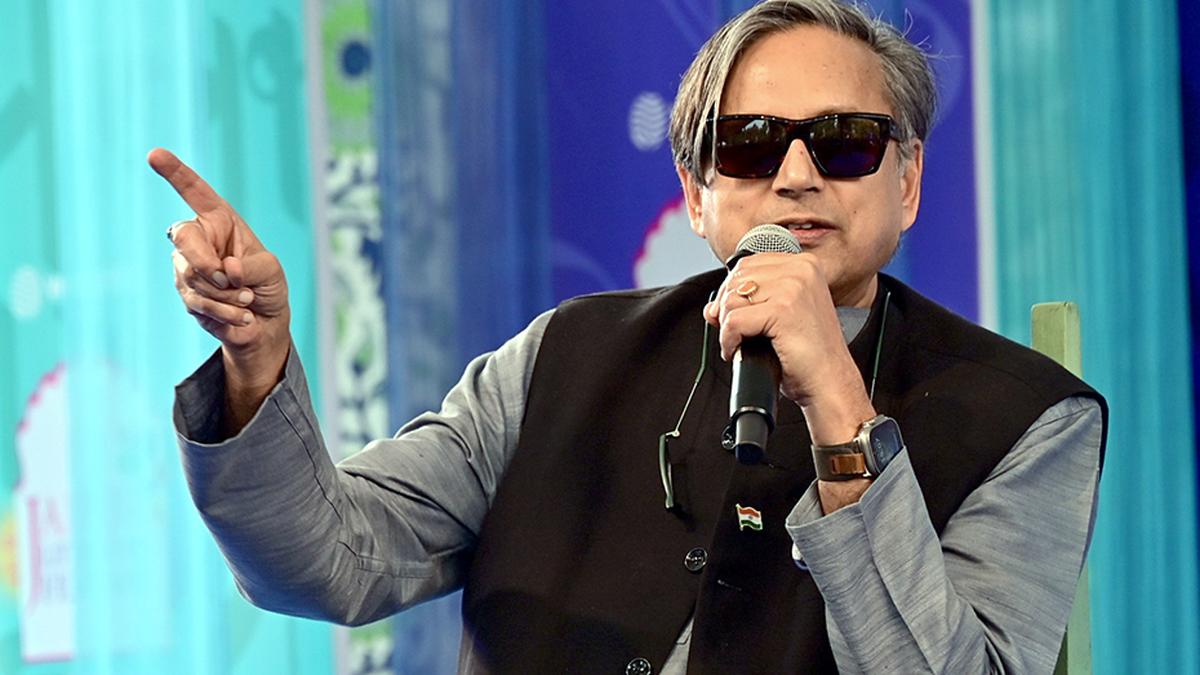The Directorate General of Trade Remedies (DGTR), a department under the commerce ministry, has recommended the imposition of anti-dumping duty on imports of printed circuit boards from China and Hong Kong. The proposed duty is aimed at safeguarding the domestic industry from cheap inbound shipments and creating a level playing field for the Indian manufacturers. The anti-dumping duty is suggested for a period of five years in order to provide long-term protection to the industry. The move is expected to encourage domestic production of printed circuit boards and boost the Indian electronics manufacturing sector.
The DGTR’s recommendation follows an investigation into alleged dumping of the commodity by the two countries. The investigation found that the cheap imports of printed circuit boards were causing material injury to the domestic industry in terms of decline in production, sales, market share, and overall profitability. The imposition of anti-dumping duty seeks to curb the dumping and help the domestic industry recover its losses.
Imported printed circuit boards have been flooding the Indian market at a significantly lower price, which has negatively impacted the local manufacturers. The anti-dumping duty would increase the cost of imported boards, making them less competitive compared to the locally-produced ones. This will not only protect the interests of domestic manufacturers but also promote the ‘Make in India’ initiative.
The proposal for anti-dumping duty will now be reviewed by the finance ministry, which will make the final decision on whether to impose the duty or not. The imposition of such duties is expected to boost the domestic production of printed circuit boards and encourage the growth of the electronics manufacturing sector in India. It will create a more favorable market environment for local manufacturers, stimulate investment, and foster innovation within the country.
Overall, the recommended imposition of anti-dumping duty on imports of printed circuit boards is a proactive step by the commerce ministry to safeguard the interests of the domestic industry from unfair trade practices. If approved, the duty will provide much-needed protection to the domestic manufacturers and contribute to the growth of the electronics sector in India.










